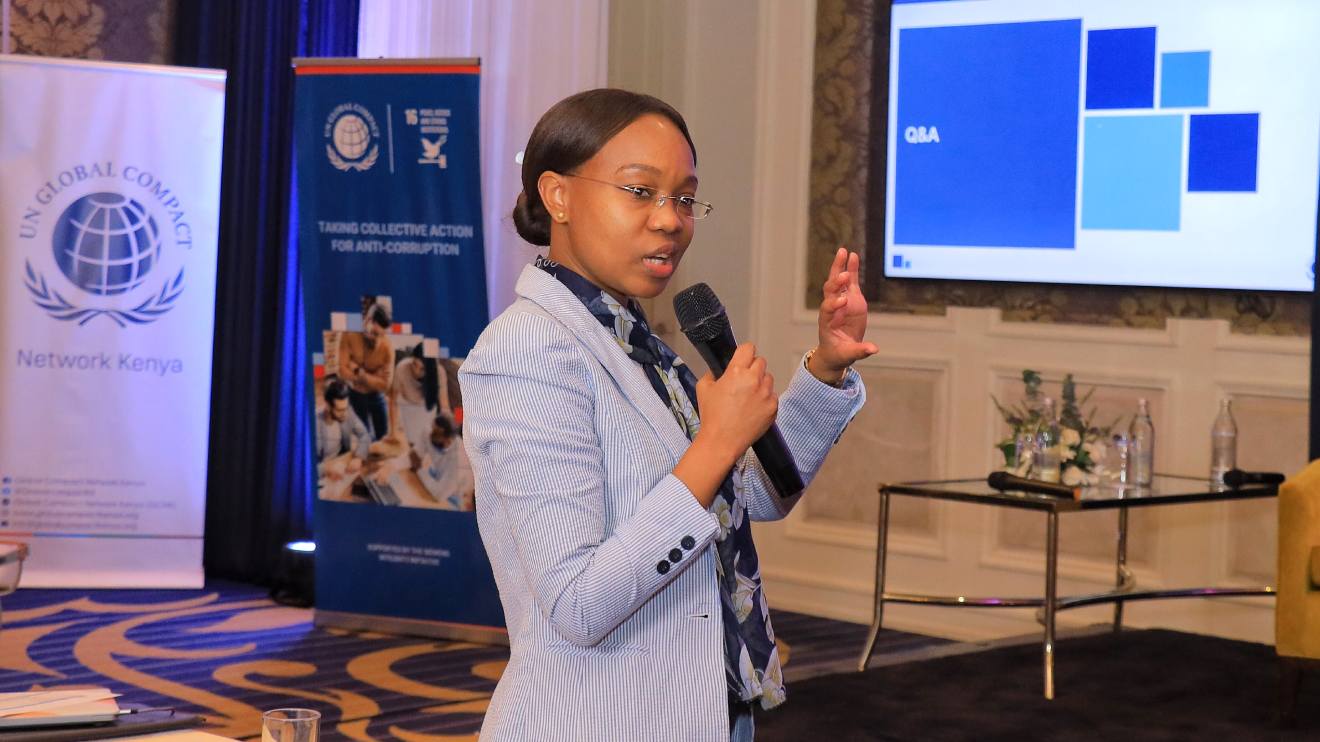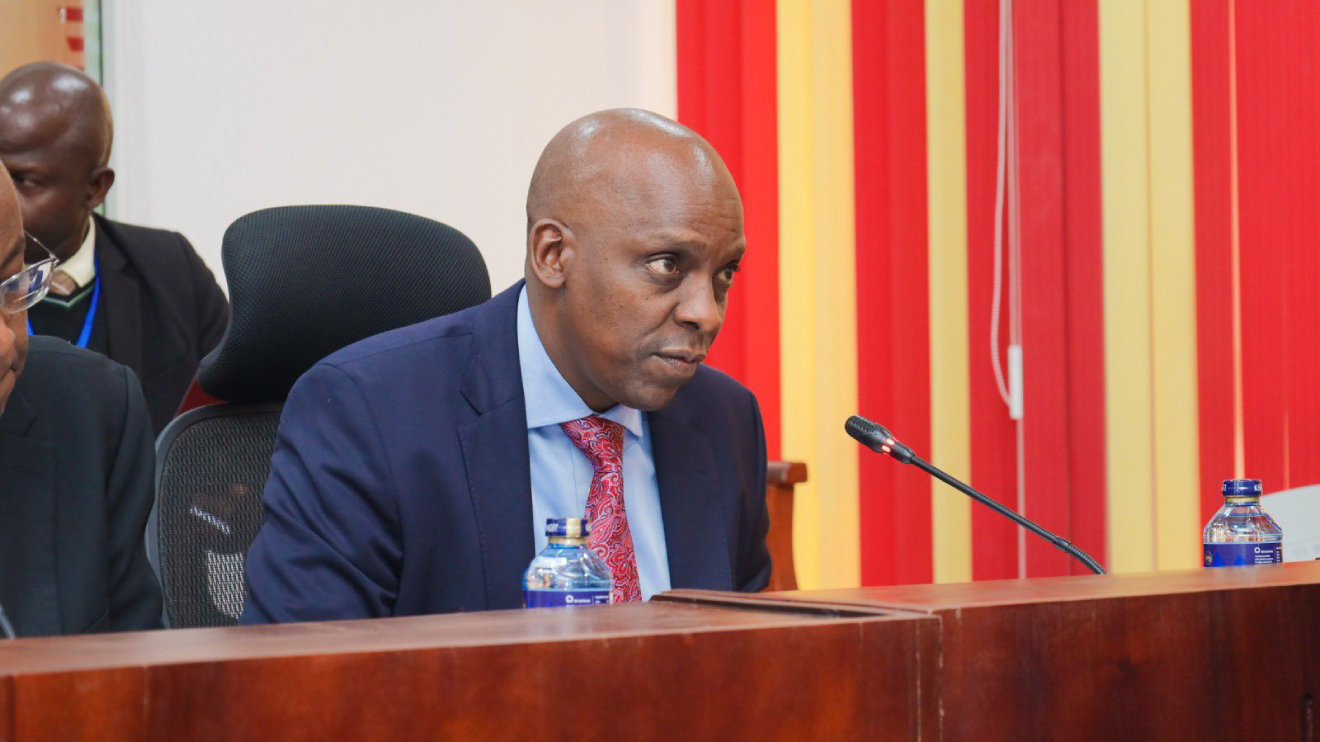Highlighting the private sector's pivotal role in perpetuating corruption, stakeholders at the recent Business Integrity Conference emphasized the urgent need for collaboration to foster a clean business environment in the country.
During the conference organized by Global Compact Network Kenya, which brought together representatives from the private sector and various stakeholders from East Africa, concerns were raised about the private sector's complicity in corruption.
The conference identified corruption as a widespread issue affecting businesses of all sizes globally, with companies often acting as both perpetrators and victims.
John Lolkoloi, Director of Ethics & Leadership at the Ethics and Anti-Corruption Commission, stressed the importance of cooperation among sector players.
He urged the private sector to actively engage with the public and civil society sectors to develop anti-corruption legislation and codes of conduct, thus promoting ethical business practices.
Read More
"This calls for a strategic partnership between the public and private sector to collectively address unethical business practices for the benefit of all,," Lolkoloi emphasized.
The Executive Director of Global Compact Network Kenya Judy Njino echoed the sentiment, emphasizing the need for the private sector to prioritize ethical conduct.
She highlighted the organization's efforts to collaborate with other networks across East Africa to promote ethics in regional trade, particularly within the African Continental Free Trade Area (AfCFTA).
"We will strengthen government engagements through policy advocacy around the Tenth Principle of the UN Global Compact on Anti-corruption, work with regional collaborators because Kenya is a champion of ethics and integrity in Africa through its code of ethics for business with over 900 signatories and we hope to transfer these learnings to other countries like Uganda where we have a mandate to support UN Global Compact signatories," Njino affirmed.
Cristina Ritter, Head of Anti-Corruption and Governance at the United Nations Global Compact, underlined the financial ramifications of corruption, especially within supply chains.
She called on companies to uphold integrity, endorse responsible practices, and contribute to sustainable development efforts.
"With $4.6 billion lost annually to corruption, the call to action is clear, companies must uphold integrity, promote responsible practices, and support sustainable development. Let's champion these principles and work towards a corruption-free future by 2030," Ritter said.
The urgency to address corruption was reinforced by findings from the National Ethics and Corruption Survey 2023 conducted by the Ethics and Anti-Corruption Commission.
Corruption emerged as one of the most pressing issues in the country, with a significant percentage of individuals seeking government services reporting instances of bribery.
In conclusion, the conference underscored the imperative for the private sector to collaborate with other stakeholders to combat corruption effectively.
By prioritizing ethical conduct and fostering partnerships across sectors, stakeholders aim to create a conducive business environment characterized by transparency and integrity.








